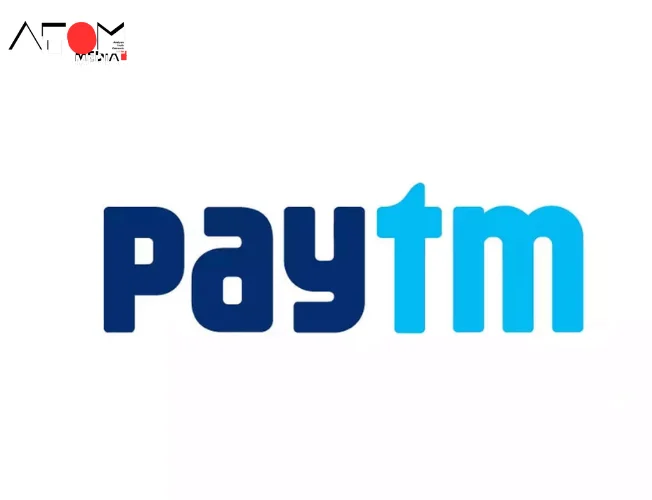According to a recent research by broking firm Bernstein, a bank or sizable non-banking financial company (NBFC) purchase would be the ideal outcome for Paytm. They contend that this action may give the financially struggling fintech behemoth the means and strategic coherence required to get over its present difficulties and turn a profit in the long run.
Leveraging Paytm’s Customer Base
The Economic Times was able to see a note from Bernstein that emphasises how these financial institutions would be able to access Paytm’s large user base through a joint venture with a bank or NBFC. Banks might efficiently cross-sell non-bank products by integrating Paytm’s platform, increasing their customer base and providing a wider range of services. This might involve cutting-edge credit offerings like UPI credit lines that are marketed via Paytm’s well-established networks.
Potential Strategic Investors
The broking business also notes that Paytm may be able to achieve success with a sizable investment from a significant corporate entity. A similar investment might protect the corporation from upcoming regulatory issues and help it revitalise its business more swiftly. An acquisition of Paytm might provide large firms like Reliance Jio, the Adani Group, and the Tata Group a major competitive advantage in the quickly expanding fintech market, given that they have already begun to create their fintech businesses.
It’s interesting that this analysis was conducted just a few months after rumours circulated that Paytm may sell a portion of its business to the Adani Group. The company, however, refuted these rumours at the time. But as it looks to stabilise, Paytm still has a strong chance of pursuing a strategic alliance or acquisition.
Path to Profitability
Bernstein predicts that Paytm is well-positioned to turn a profit by the fiscal year 2026–2027 (FY27), notwithstanding its recent difficulties. The broking firm believes that this timeline might be accelerated and that the company could become profitable as early as FY26 by growing its secured loan business and obtaining an 8–10 basis point share of the merchant discount rate on UPI payments over INR 2,000. Reducing expenses and personnel may also expedite the route to profitability.
Paytm’s price target of INR 600 per share has been set by Bernstein, which is around 5% higher than the stock’s previous closing price of INR 573.2 on the BSE on August 19.
Challenges and Setbacks
In recent months, Paytm has had numerous difficulties, especially after the Reserve Bank of India (RBI) decided to prohibit its lucrative payments bank unit from engaging in any commercial activity. The company’s operations have suffered greatly as a result of this move, and losses have increased significantly. Paytm announced losses of INR 840.1 crore in Q1 FY25, a 134% year-over-year rise. In the meantime, operating revenue fell to INR 1,502 crore from INR 2,342 crore during the same period last year, a 36% decrease.
Bernstein specifically links these losses to the limitations placed by the RBI on Paytm’s ability to do banking business. The broking company also points out that Paytm’s revenue for the current fiscal year is probably going to be further impacted by the Indian government’s move to cut back on budgetary funding for digital payments. The
Results
According to Bernstein’s analysis, Paytm might need to enter into a strategic alliance or acquisition in order to reach its full potential and produce a profit while it works through these challenges. Whether through a bank, NBFC, or major corporate investment, aligning with a strong partner can provide Paytm with the resources and strategic direction it needs to revive its business and secure its place in the competitive fintech market. In light of the company’s current setbacks and efforts to turn things around, the prospect of a strategic acquisition remains attractive.
Read more: Marketing News, Advertising News, PR and Finance News, Digital News





